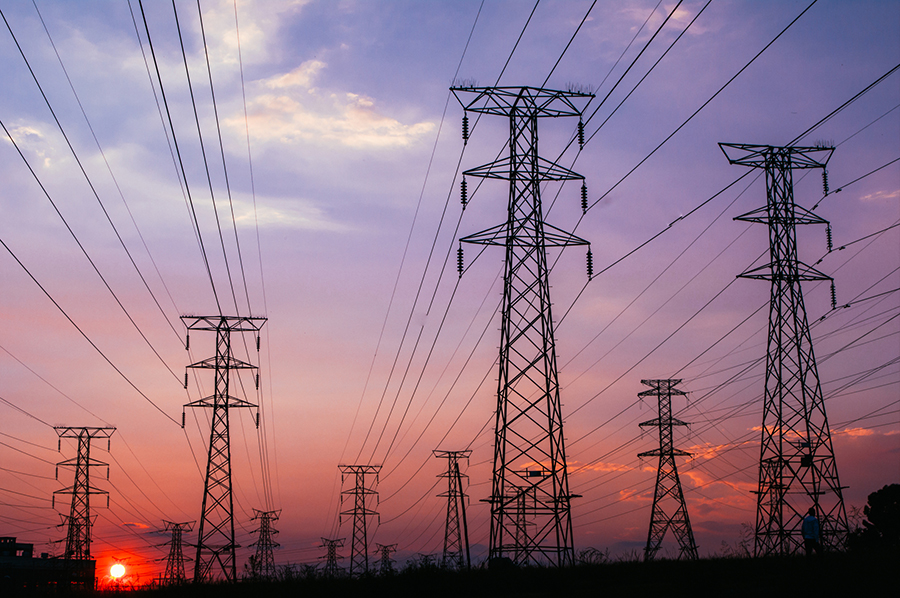About 62% of Nigerian consumers do not believe that the power sector is being managed efficiently. 66% of electricity consumers in Nigeria are willing to pay more for power if supply improves. Also, a total of 74% of power users in the country are dissatisfied with the supply of electricity.
These were disclosed by the World Bank via its Power Sector Recovery Programme Opinion Research Fact Sheet.
According to the global institution, 67% agree that electricity theft is a big issue and affects the quality of supply.
READ: Shell, NNPC lament over Nigeria’s electricity deficit
Highlights of the report
- 93% of metered power users paid their bills regularly
- 78% of electricity consumers in Nigeria received less than 12 hours of supply daily.
- 93% of consumers paid their electricity bills regularly whenever their units were exhausted.
- 58% do not have a meter to measure electricity use.
- 74% are dissatisfied with electricity supply and 87% are unaware of ongoing reforms (PSRP) in the power sector.
- 53% do not receive adequate customer service from Discos (distribution companies) while 82% are unaware of tariff band classifications.
READ: Senate to probe GenCos, DisCos as Nigerian companies relocate to Ghana over power supply
READ:
It stated, “Metering is a key concern nationwide– respondents were generally dissatisfied with the metering system. Electricity tariff is a nationwide concern.
There should be a significant improvement in service delivery before the increase in tariff. The majority of respondents are unaware of the key policies and activities of government and operators. Electricity theft and vandalism are major issues and impact significantly on the quality access to power supply.”
What you should know
The survey respondents consisted of Nigerians of broad demographics such as age, sex, education and economic status.
It explained that data and information from the nationwide survey and focus group discussions would provide key insight about public opinion in relation to Nigeria’s Electricity Supply Industry.
It said focus group discussions were conducted in Abuja, Lagos and Abia to obtain qualitative insight into electricity consumer behaviour, perceptions and beliefs.
